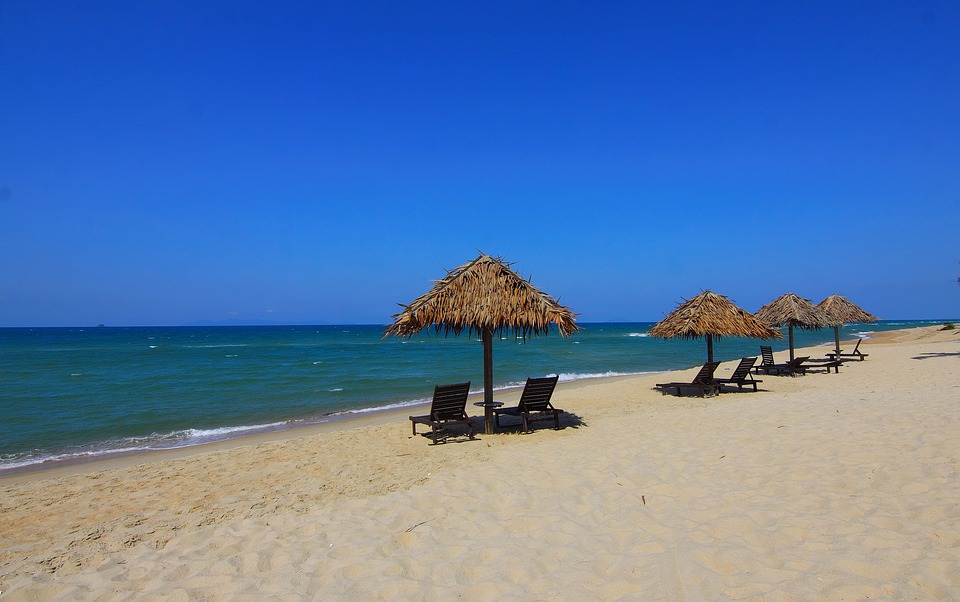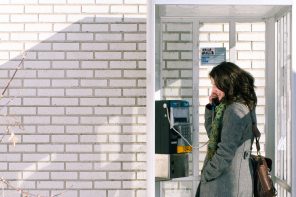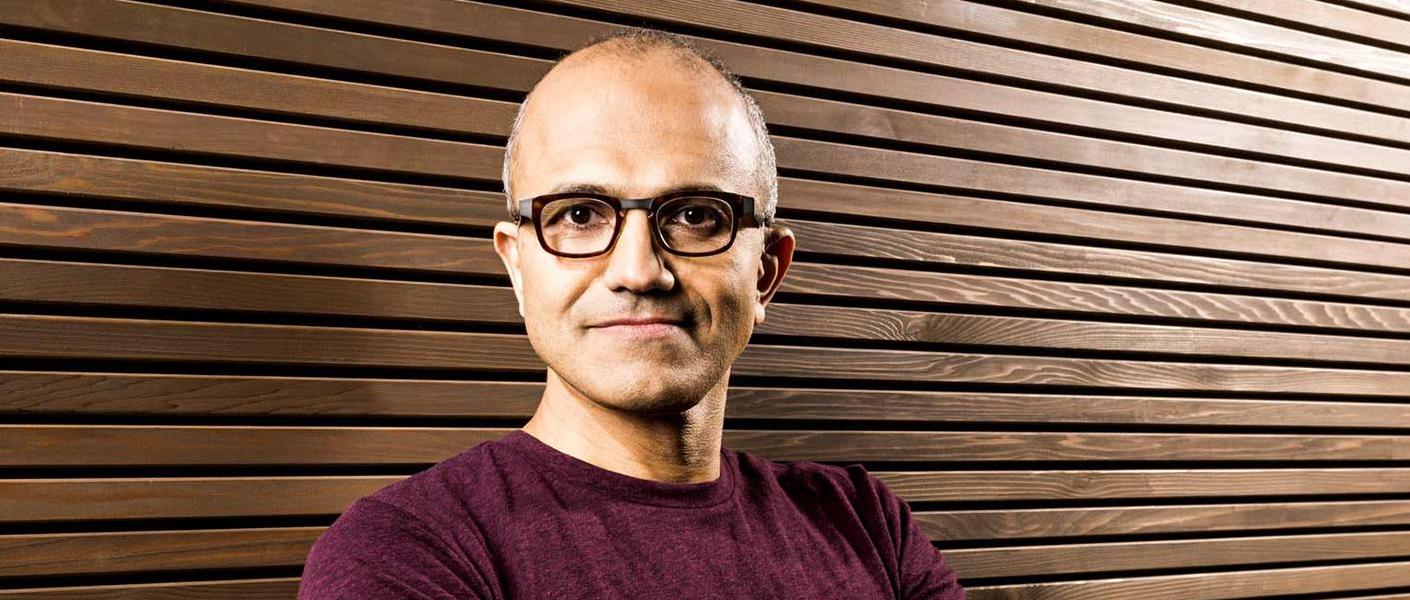The Paradise Papers, a set of 13.4 million documents that totaled 1.4 terabytes, were made public on 5 November by German newspaper Süddeutsche Zeitung, which also released the Panama Papers in 2016. The leak comprised of confidential documents originating mostly from offshore law firm Appleby and company registers in 19 tax “paradises” – hence the scandal’s name.
The list of Appleby’s clients includes the world’s wealthiest multinationals, celebrities, and families, who are annually shifting billions to tax havens. As for the 3,300 Canadians on the list – five times more than the 625 discovered in the Panama Papers – the most prominent among them were Liberal chief fundraisers Stephen Bronfman and Leo Kolber. Both amassed millions in numerous campaigns for Liberal prime ministers, including Justin Trudeau.
Multinationals: How to convince the taxman that you’re taxed somewhere else
One of the key offenders listed in the Paradise Papers was iconic sportswear manufacturer Nike. Nike’s tax rate has fallen from 34.9-percent to 13.2-percent since 2007, thanks to its legions of lawyers. The Paradise Papers indicate that the sneaker giant’s income from Europe, the Middle East, and Africa does not go to its local subsidiaries, but to the Nike Innovate CV in the Netherlands.
From 2005 to 2014, Nike held a tax-avoidance agreement with the Dutch authorities to funnel its profits to a Bermudan subsidiary, Nike International Ltd., which had neither physical offices nor actual staff members. It was created to empty Nike’s cash holdings by drawing exorbitant trademark royalties, totaling $6.6-billion by June 2014. This money then left the European headquarters in Netherlands and moved the company’s income out of the continent to Bermuda.
Foreign authorities tax this profit at just 3-percent, while the U.S. doesn’t get a penny.
However, in 2014, the iconic sportswear manufacturer had to reorganise its tax avoidance structure before the deal expired, and the Dutch Nike Innovate CV was born. Legislated since the 1830s, CV stands for commanditaire vennootschap. These partners report their income source as being from Dutch companies and are therefore not taxed in their own countries either.
This ingenious “hybrid mismatch” saved Nike from its tumultuous tax burden and allowed its offshore profits to reach 12.2-billion USD. Foreign authorities tax this profit at just 3-percent, while the U.S. doesn’t get a penny.
Celebrities: How to buy a private jet and not be taxed
When Formula One racer Lewis Hamilton decided to treat himself to a £16.5-million Bombardier Challenger 605 in January 2013, his team of financial advisors knew that a 20-percent value-added tax (VAT) is imposed on private jets for importation into the European Union. However, they also knew that the tax doesn’t apply to jets purchased for business purposes on the Isle of Man, whose customs cooperate closely with Appleby.
Hamilton’s advisors created a shell company, Stealth Limited, that leased and imported the new jet from the racer’s British Virgin Islands company, Stealth Aviation Limited., to enjoy the tax benefits on the Isle of Man. Then, Stealth leased the jet to a private jet operator at a slightly higher price to show profit, before leasing it back to Hamilton’s company BRV Ltd., which is based in the small island jurisdiction of Guernsey. The lease payments would come out of the racer’s bank accounts, and the profits would end up in BRV Ltd., owned solely by none other than Hamilton himself.
The Manx government would then grant a £3.3-million VAT refund due to the transaction’s “business” nature. To ensure the absolute legitimacy of Stealth Ltd. as a leasing company, the plane’s hourly lease rate was increased from one night as an indication of profit. Hamilton’s advisors would disclose all the required documents of the purchase to officials on the Isle of Man, who approved them in less than an hour.
However, the racer’s Instagram page blatantly contradicts the jet’s “business purposes” with numerous photos of himself on the plane after personal trips and vacation flights, totaling 80 hours per month according to leasing agreements. Stealth Ltd. would use the Bombardier monthly for the other 160 hours – not without suspicions, given the artificiality of the leasing business – meaning that Hamilton should only have received £2.2-million or less, due to the hundreds of thousands of tax dollars incurred from flying expenses.
Lewis Hamilton is merely one of the 50 private jet buyers mentioned in the Paradise Papers, while Appleby’s Manx subsidiary has imported £1.25-billion worth of jets to date. The government of the Isle of Man already refunded £790-million in VAT in more than 230 schemes, and requested the U.K. Treasury to assess the island’s aircraft imports into the European Union.
Wealthy Families: How to hide millions in paradise and campaign against it
At the center of the 1,450 Canadian offshore accounts is the 60-million USD offshore trust of Stephen Bronfman and his godfather, former senator Leo Kolber.
In 1991, the Bronfmans’ family company Claridge was run by Kolber, who set up the Kolber Trust in the Cayman Islands for two purposes: to co-invest with the Bronfmans in Israel and to name his two children beneficiaries of these funds, beyond the wrath of Canadian tax laws. From the Bronfmans’ loans, the Kohler children withdrew more than $16-million for “lifestyle expenses,” and one of them, Jonathan, would head Claridge Israel for the Bronfmans, receiving a 15-percent cut from managing the family’s Israeli investments.
In the 2000s, Leo Kohler even chaired the Senate banking committee to promote legislations against the offshore trusts, while his family used false records and million-dollar cash gifts to hide their fortune for more than two decades.
Liberals: We can’t take taxes from the rich…how about from the middle class?
Since 2009, offshore banking has become much easier, due to the federal government’s agreements with 24 tax havens – sharing offshore information about Canadians in exchange for facilitating setup processes for Canadian companies and transferring their untaxed income back to Canada. Consequently, the Canadian government has lost between $6-billion to $7.8-billion of annual tax revenue to these offshore accounts, and the nation has become Appleby’s fourth-largest market, according to the Paradise Papers.
Justin Trudeau’s government has been elected on the promise of speaking out and lowering taxes for while augmenting the taxes of the mega-rich, but as of yet, no action has been taken against tax havens.
Justin Trudeau’s government has been elected on the promise of speaking out and lowering taxes for while augmenting the taxes of the mega-rich, but as of yet, no action has been taken against tax havens. However, since gaining power, the Liberals reformed tax policies that compel the majority of lower-middle-class families To further demonstrate the government’s hypocrisy, it recently extended the ban on “income sprinkling” – where small business owners pay income to family members as wages to lower tax rates – to adult relatives between ages of 18 and 24.
To be fair, though, politicians can’t afford to stab their donors and fundraisers in the back. Besides, isn’t it much easier to bully the less advantageous Canadians than to crack down on the 1-percent?
The opinions expressed in this article are the writer’s own, and do not necessarily express those of The Bull & Bear




